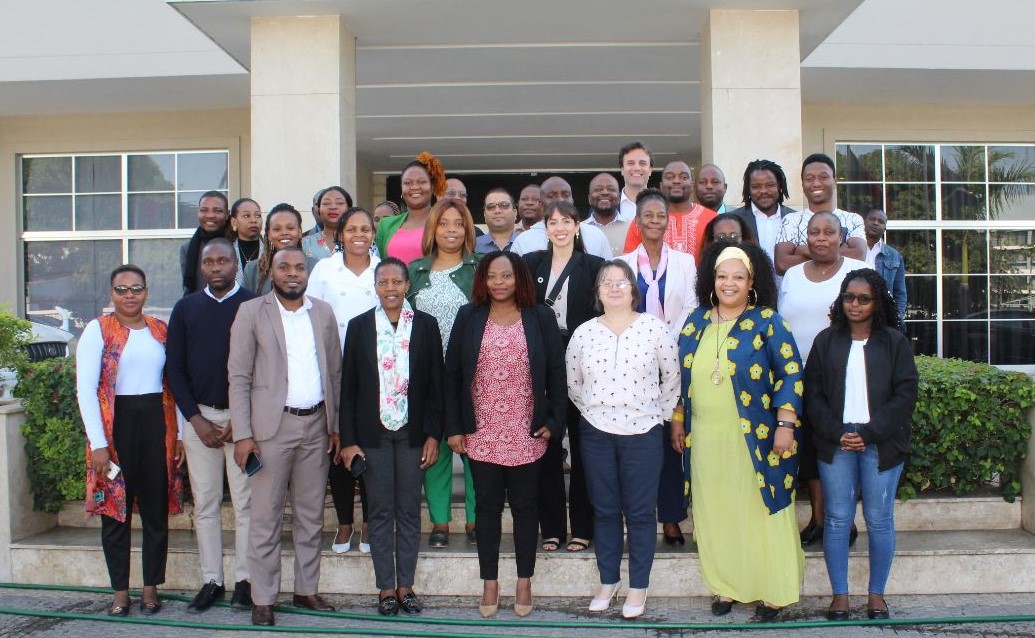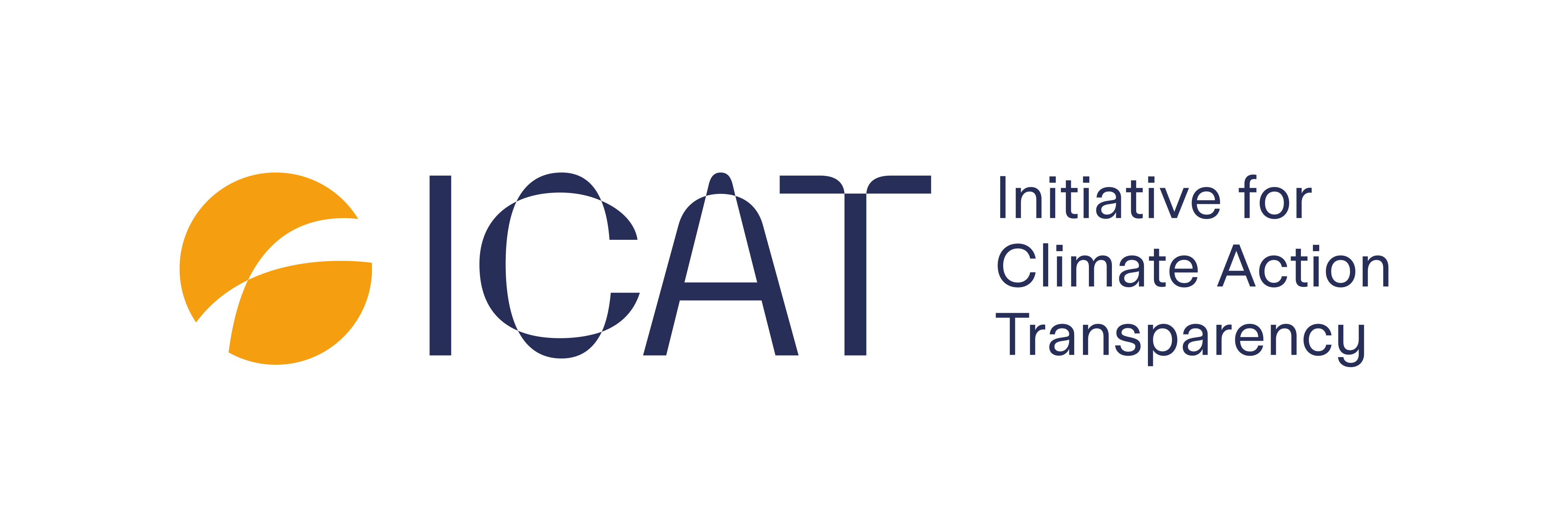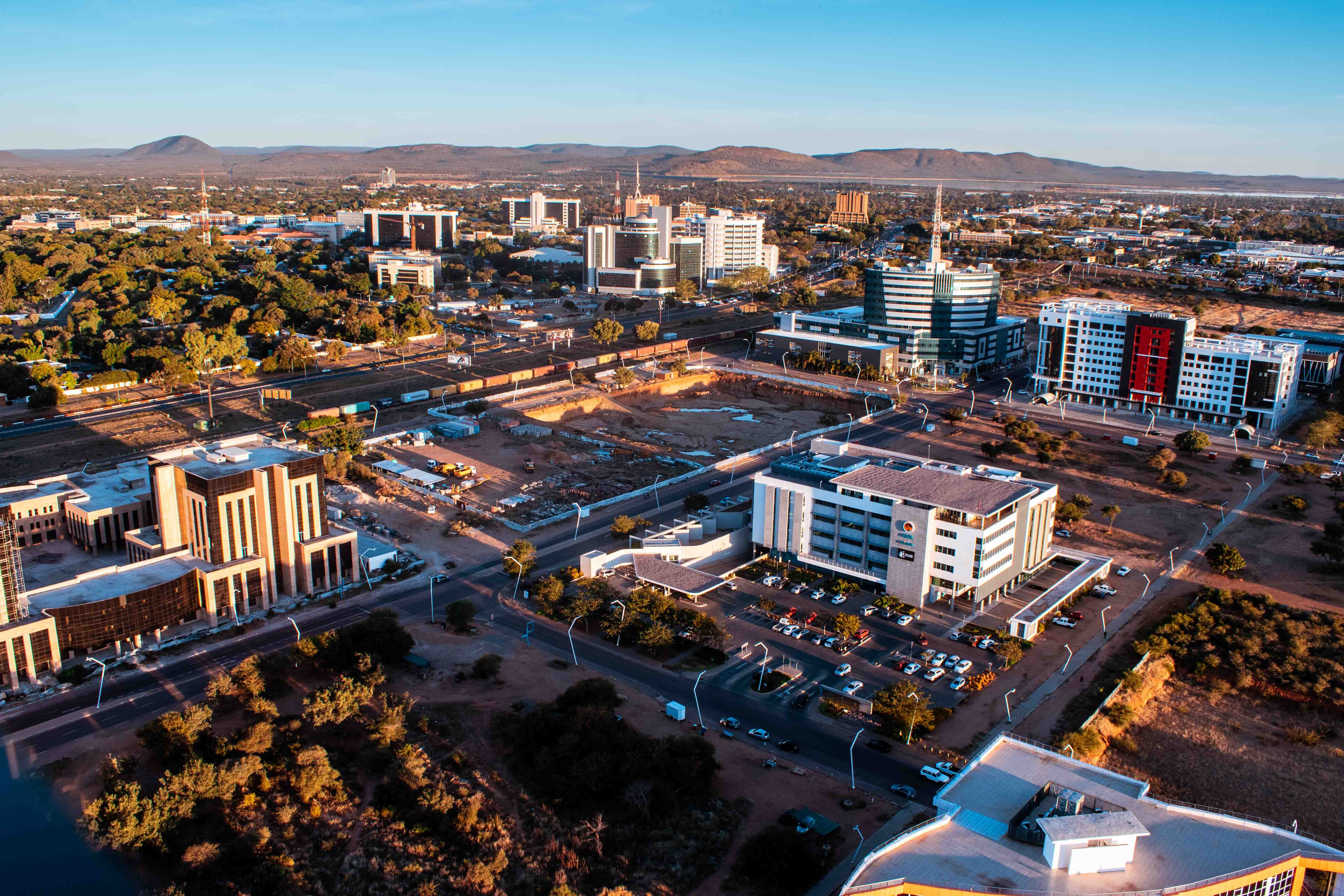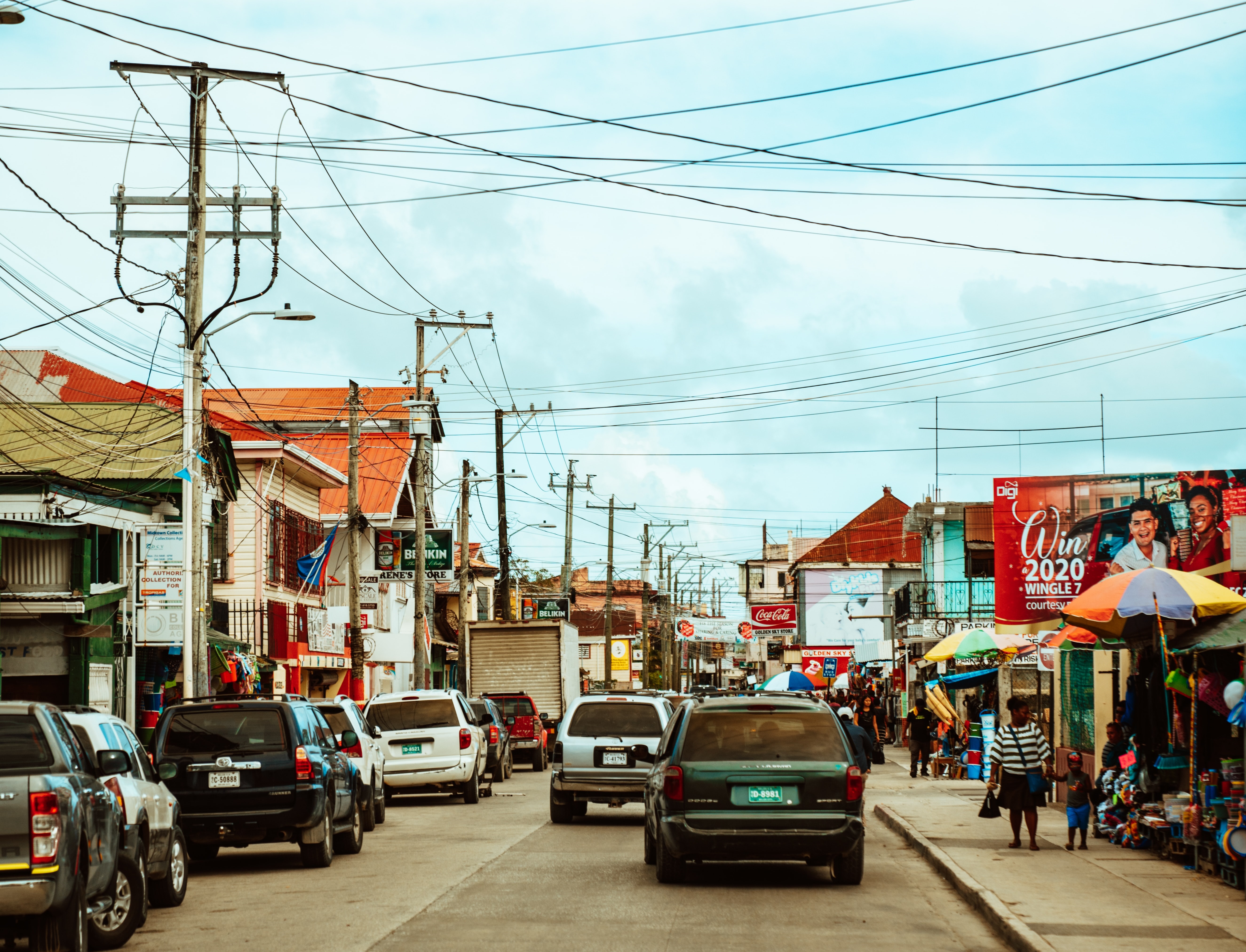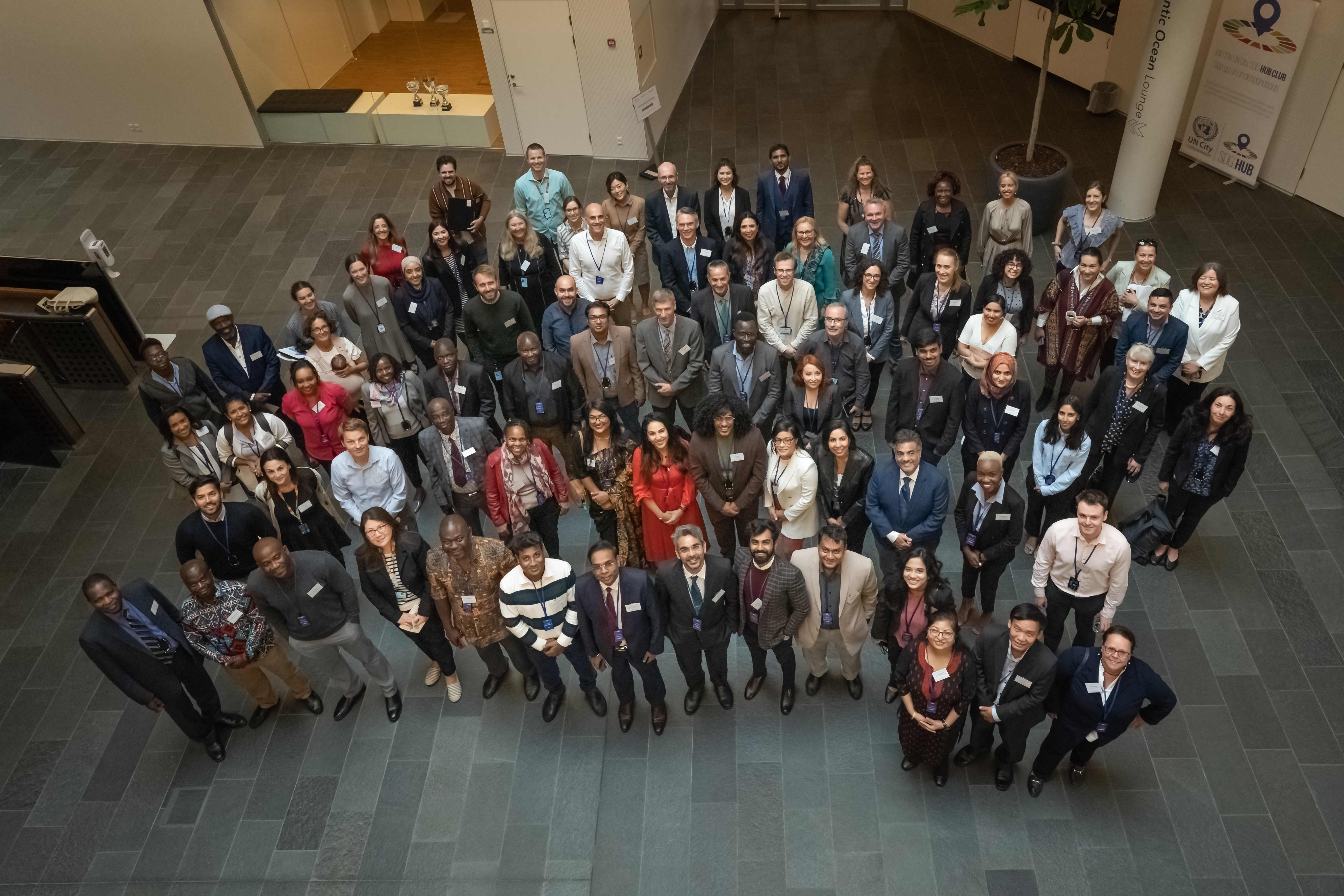Climate transparency has been taken to a new level in Mozambique.
Tracking impact and progress on climate action is key to ensure transparency and enhance national planning capacities, and Mozambique is taking concrete steps to track climate action in key emitting sectors in the country supported by the Initiative for Climate Action Transparency (ICAT) implemented by UNEP Copenhagen Climate Centre.
Mozambique is also establishing formal institutional arrangements for climate transparency frameworks while building the capacity of technical staff to ensure consistent and sustainable peer-to-peer learning.
These achievements are the results of work done by the Ministry of Land and Environment of the government of Mozambique and the ICAT project implemented by UNEP Copenhagen Climate Centre. ICAT responds to critical country needs by providing support and capacity building in developing countries via various tools and methodologies that tap into the transparency requirements of the Paris Agreement.
The National Director for Climate Change at the Ministry of Land and Environment, Jadwiga Massinga, opened the final validation workshop hosted in Maputo, Mozambique on the 24th of May, where she acknowledged not only the results of the project, but the efforts behind achieving them.
“I would like to convey our sincere thanks to everyone who ensured and supported the holding of this meeting. Special thanks go to the UNEP-CCC team for their technical support in the design and implementation of this project and the ICAT Secretariat for a great collaboration.”
The workshop and surrounding meetings on climate action transparency concluded with representatives from Mozambique expressing a clear interest to roll out the next phase of the ICAT project.
Sustainable capacity building
Mozambique is a country highly vulnerable to climate change, where extreme climate events already pose a serious threat to the development of the country, its population, and its infrastructure.
In 2017, the country began working with UNEP Copenhagen Climate Centre through ICAT. In the first phase, the work focused on strengthening Mozambique’s institutional framework for measurement, reporting and verification (MRV) of greenhouse gas emissions, mitigation actions, and support, and on the application of ICAT guidance tools to assess emissions and sustainable development impacts of selected climate policies, building a roadmap for future transparency work in the country.
Following the first ICAT phase, Mozambique and UNEP Copenhagen Climate Centre initiated a second phase of transparency work in 2020. The results of this second phase were presented at the workshop in Maputo.
Through phase II, the country institutionalized data collection for the national MRV system with formal attribution of mandates and responsibilities in a NDC tracking system. The project also identified central indicators and produced guidance for tracking the progress and achievement of Mozambique’s NDC and related climate actions.
Taking Mozambique’s limited capacity to implement transparency requirements, procedures and guidelines into account, phase II also implemented a training program for current and future members of an Interagency Group on Climate Change, and contributed to the establishment of a strong and cohesive group of expert technicians who contribute to the sustainability of climate change reporting.
Looking towards Article 6 and NDC tracking integration
Building on the results of the first two phases of the ICAT project implemented with UNEP Copenhagen Climate Centre, Mozambique is now looking towards a third phase. This is envisioned to not only build on and operationalize the NDC tracking system from the previous phases, but also take advantage of new ICAT guidance on carbon markets.
“Mozambique still intends to participate in voluntary collaboration approaches through market and non-market approaches but needs capacity building to understand the new challenges and opportunities arising from Article 6 of the Paris Agreement,” Jadwiga Massinga explained during the workshop.
Working with stakeholders in different sectors in Mozambique, two surveys have already been conducted on feasibility of engaging in carbon markets under Article 6 of the Paris Agreement, as well as on how to best to track NDC indicators.
If a third phase gets on the way, these will be part of the basis for making sure that the transparency work in Mozambique continues to meet local needs.
